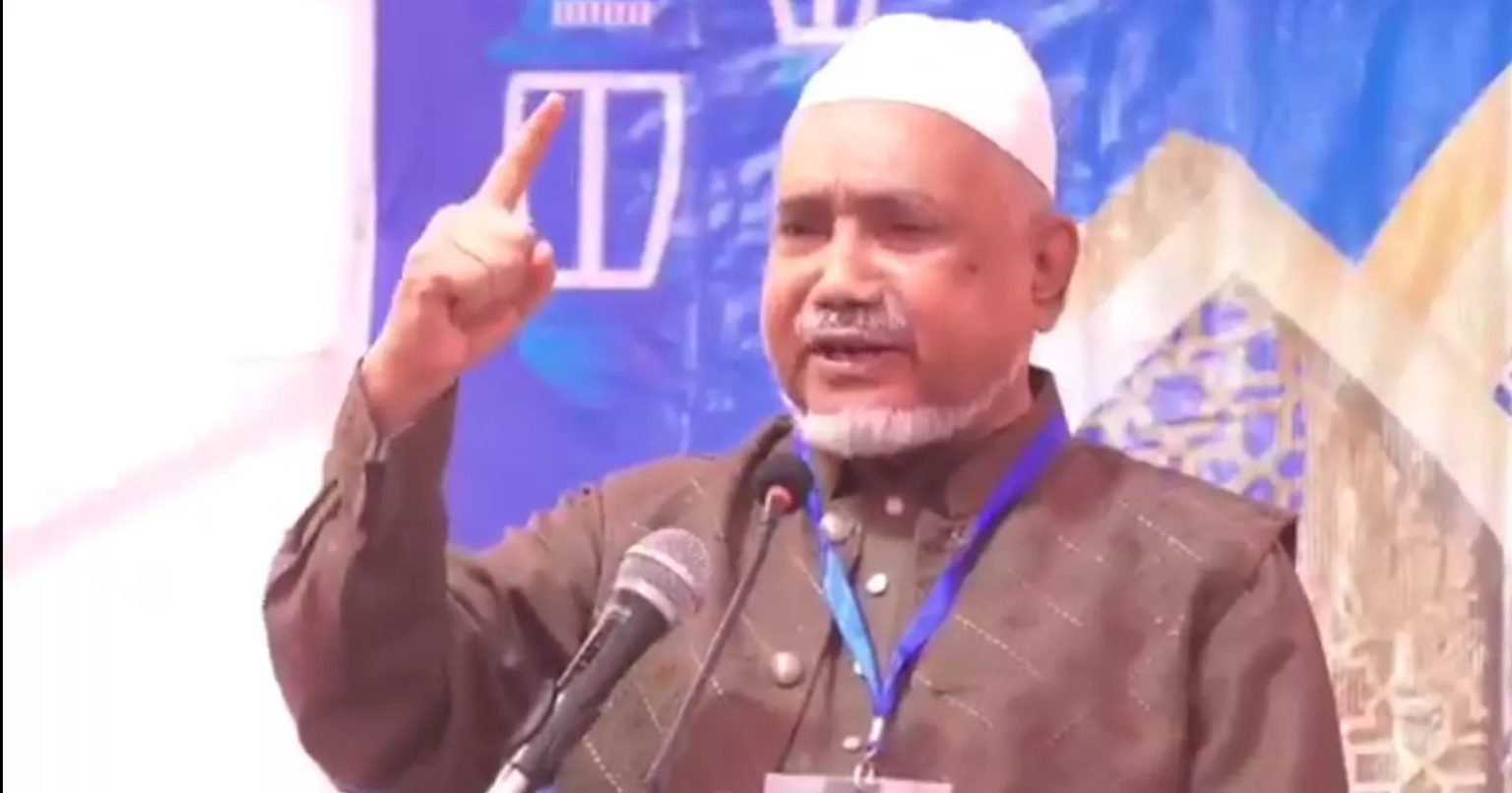Central Nayeb Ameer of Bangladesh Jamaat-e-Islami Abdullah Mohammad Taher has stated that the implementation of the July Charter and reform process would be meaningless without legal grounding. “Jamaat will not sign if there’s no legal basis,” he declared.
Speaking at the 23rd day of the second-round dialogue at the Foreign Service Academy on Wednesday, Taher emphasised, “Reform implementation is the core issue. Without legal foundation, this will remain merely a promise of good intentions. If we don’t see legal backing, signing it holds no practical benefit.”
He criticised opponents of legal frameworks, accusing them of misleading the nation: “All these discussions, time, and conferences will be futile without a legal structure. We demand the Commission and government honour their commitments to the people.”
Taher reported consensus on reforming constitutional bodies like the Anti-Corruption Commission, Auditor General’s Office, Ombudsman, and Public Service Commission (PSC), though BNP and some parties dissented. “The Commission is now deciding based on majority votes while noting dissenting opinions,” he added.
On forming an upper parliamentary house, Taher noted broad support but procedural disagreements, with Jamaat and Islamist parties advocating full Proportional Representation (PR) for both houses. “We’ve witnessed 54 years of partisan control, rigging, and voterless elections. We want a legally anchored PR system, used in over 90 countries worldwide,” he argued.
Citing historical precedents – like the 1971 LFO, Mujibnagar Government, and 1991 caretaker system – Taher asserted reforms could gain legal force through referendums, ordinances, or proclamations.
“Reforms must begin immediately where feasible, with phased implementation for complex issues. But we cannot compromise on legal foundations,” he stressed, concluding: “If realised, these reforms could transform Bangladesh’s political culture – a new beginning, if not a perfect one.”
The dialogue included 28 invited political parties and 2 alliances, with National Consensus Commission members Safar Raj Hossain, Badrul Alam Majumder, Emdadul Haq, Ifthekharuzzaman, and Ayub Mia present.


